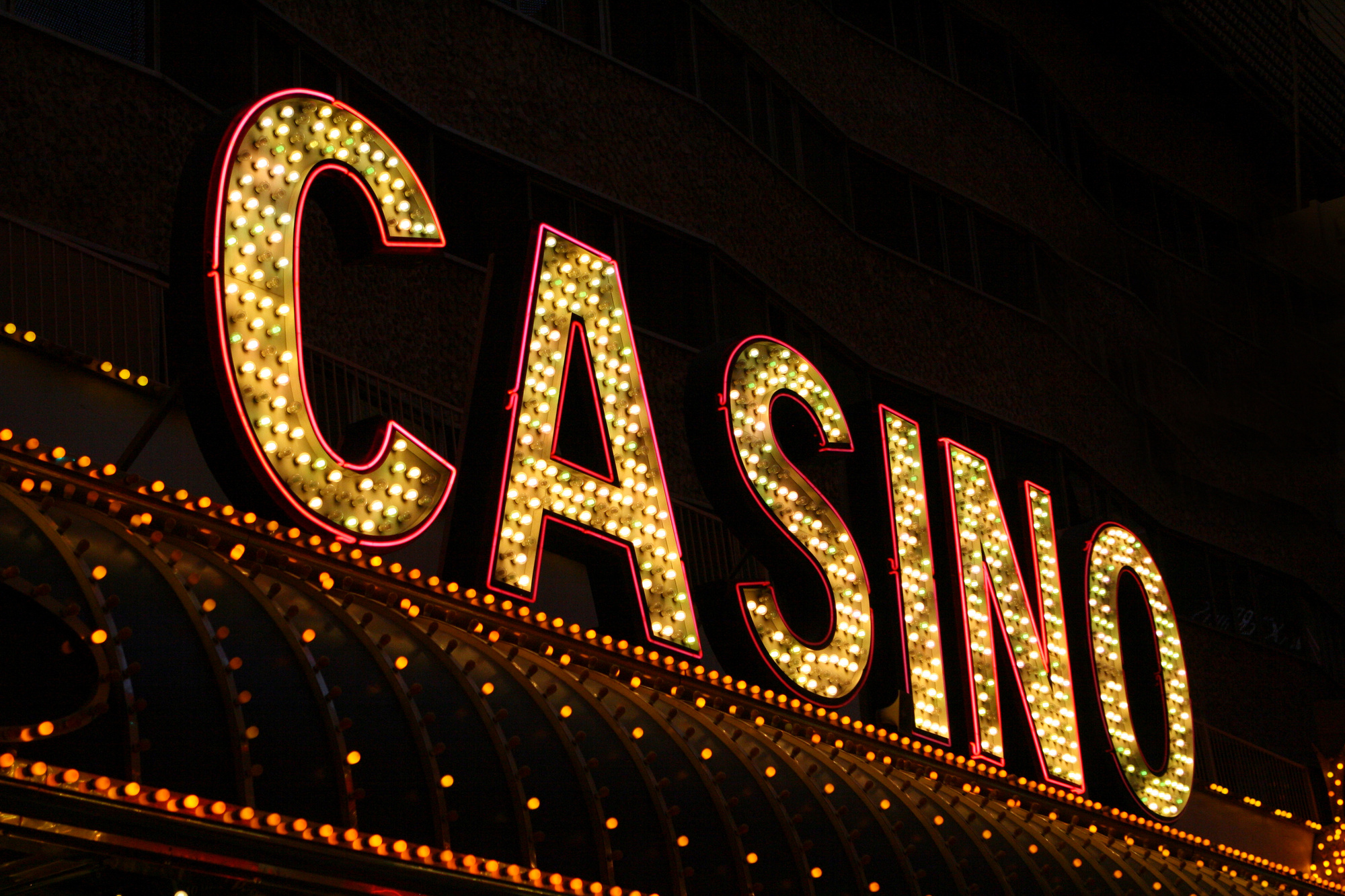
Gambling in casinos has long been a subject of fascination and controversy, drawing in millions of players around the world. non GamStop casinos With a mix of chance, strategy, and the thrill of uncertainty, casino games offer an exhilarating escape from everyday life. However, as entertainment becomes ever more available, it invites a deeper examination of the morality surrounding these games.
At the heart of the debate lies the question of whether casinos promote responsible gaming or take advantage of at-risk individuals. The allure of potential winnings versus the truth of losses can create a complex dynamic, and understanding this balance is crucial for both players and operators. As we delve into the morals of casino gaming, we will explore the responsibilities of casinos, the effects on society, and the steps that can be taken to foster a better gaming environment.
The Impact of Casino Gaming on Society
Casino gaming has a considerable influence on societal dynamics, affecting not only the financial landscape but also interpersonal dynamics and community structures. The income generated from casinos can lead to job creation and boost local economies, as they provide various employment opportunities in different sectors including food and beverage, entertainment, and shopping. However, while the financial benefits can be substantial, communities often grapple with the potential negative impacts that arise from increased gambling activity.
Moreover, the presence of casinos can lead to an rise in gambling addiction, presenting significant challenges for players and families. The thrill of casino games can quickly transform into a compulsive habit, affecting connections with others and leading to monetary issues. Many players may find it difficult with the loss of control over their gambling behaviors, resulting in a need for community support services and interventions to address this growing issue. The social cost of addiction can extend through families and neighborhoods, creating an urgent need for responsible gaming initiatives.
In addition to the economic and social ramifications, casino gaming often showcases cultural attitudes towards uncertainty and entertainment. It can foster a sense of joy and leisure, attracting visitors and boosting tourism. However, this allure may also mask the wider implications of gambling as a form of entertainment, raising ethical questions about its promotion and accessibility. As communities weigh the benefits and disadvantages of casino gaming, the need for sensible approaches and oversight becomes increasingly critical in ensuring that the beneficial elements are enhanced while reducing the negative effects.
Moral Issues in Betting Activities
The ethics of casino operations often center around the potential for dependency and its consequences on individuals and families. Gambling can lead to significant financial distress, impacting not only the betters but also their families. As individuals become caught in the appeal of winning, many lose track of their budget, which can result in devastating results such as bankruptcy. This raises moral questions about the duty of casinos in promoting responsible gaming practices and providing support for those who may be dealing with betting addiction.
Another major issue is the advertising of betting to at-risk groups. Gambling establishments often target low-income individuals or communities with the promise of quick gains, which can continue patterns of poverty and hopelessness. In this situation, the morality of advertising strategies used by gambling establishments come under scrutiny, as they may take advantage of the desperation of people seeking an way out from financial hardships. This manipulation raises ethical questions about the integrity of the gambling industry and its obligation to protect its most vulnerable patrons.
Additionally, the effect of casino operations on the community as a entirety cannot be overlooked. While some argue that gambling establishments create employment and boost local economies, others point to the social costs associated with dysfunctional gambling, increased crime rates, and a strain on public services. Balancing economic benefits with the potential for community issues presents a challenging ethical dilemma for policymakers and gambling operators alike. The challenge lies in discovering a responsible approach that prioritizes the welfare of individuals and society while still permitting for the enjoyment of gambling activities.
Regulation System and Responsibilities
The oversight framework related to casino activities is designed to ensure equity, trustworthiness, and participant security. Various government bodies and casino commissions create and enforce regulations that dictate how casino activities function, the standards for game design, and the protocols for managing rewards. These regulations vary by locale but usually involve permit requirements for operators and strict measures to prevent deception and scams.
In furthermore to governing bodies, gaming establishments bear major accountability in maintaining ethical standards within their facilities. They must implement ethical gaming practices that promote player protection and consciousness, including providing self-exclusion options and sharing information about the hazards connected to gambling. Establishments are also obligated for instructing workers to recognize signs of problem betting and know the correct measures to assist patrons in need.
Furthermore, transparency in gambling operations is essential for earning and keeping public confidence. Gaming establishments should present clear details about the probabilities of activities, advertising deals, and any related dangers. By fostering an environment of integrity and accountability, casinos can help lessen the potential harmful impact of gambling while improving the overall betting experience for all participants.
